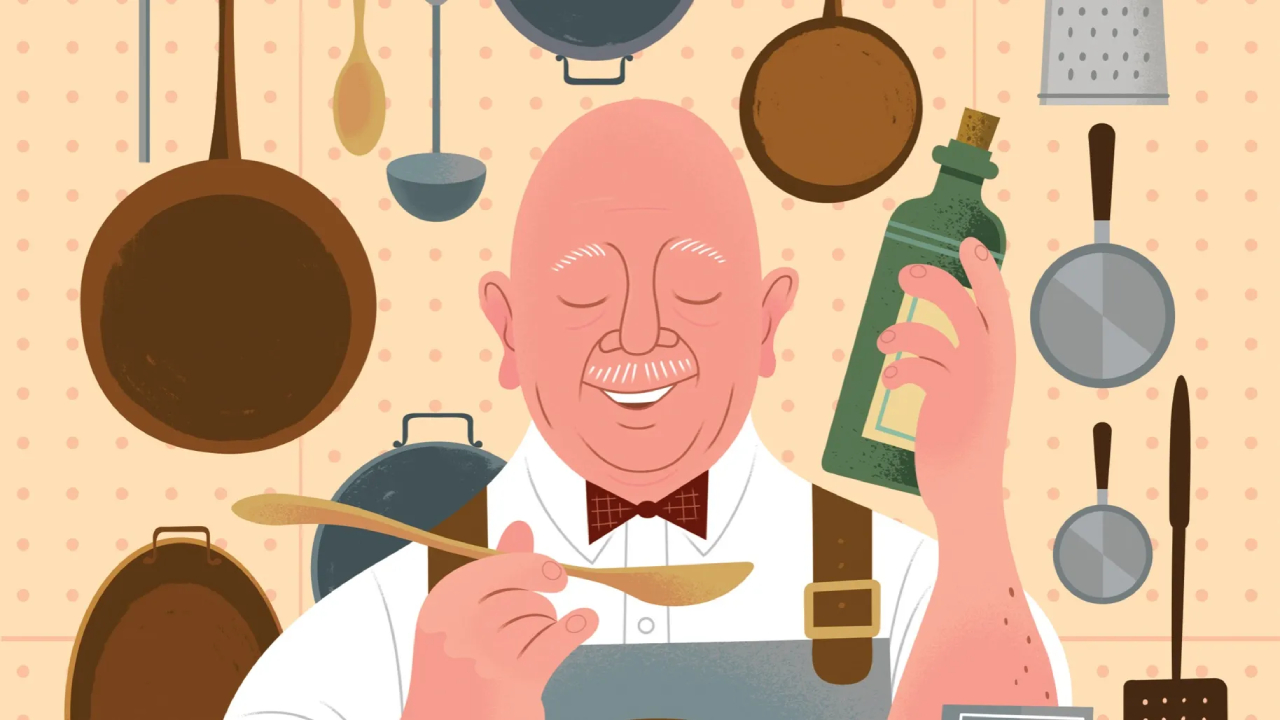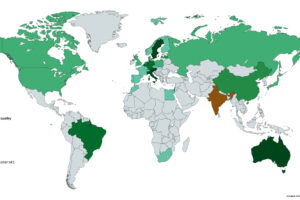Introduction
When watching cooking shows featuring famous TV chefs, it’s not uncommon to notice similarities among their recipes. This observation raises an intriguing question: are these similarities a result of plagiarism? In this article, we will explore the topic of similar recipes among famous TV chefs and delve into the factors that contribute to these resemblances.
Definition of Plagiarism
Before delving deeper into the subject, let’s first define plagiarism. Plagiarism refers to the act of using someone else’s work, ideas, or expressions without proper acknowledgment or permission. In the culinary world, this could manifest as directly copying a recipe, technique, or presentation from another chef without attribution.
Famous TV Chefs and Their Recipes
The world of culinary entertainment is filled with renowned TV chefs who captivate audiences with their cooking prowess. From Gordon Ramsay to Jamie Oliver, each chef has their unique style and signature dishes. While these chefs are celebrated for their creativity, it’s not uncommon to notice similarities among their recipes.
Similarities Among TV Chefs’ Recipes
Upon closer examination, one can find similarities in the recipes of famous TV chefs. It could be the choice of ingredients, cooking techniques, or even plating styles. These resemblances might lead some to question whether there is an element of plagiarism at play.
Possible Explanations for Similarities
While it’s tempting to jump to conclusions and accuse TV chefs of plagiarism, it’s crucial to consider alternative explanations for these similarities.
Influence of Culinary Trends
Culinary trends can significantly impact the recipes of TV chefs. When a particular ingredient or cooking technique gains popularity, it’s natural for multiple chefs to incorporate it into their recipes. This shared enthusiasm for culinary trends can explain the similarities observed among TV chefs’ dishes.
Shared Sources and Inspirations
TV chefs often draw inspiration from various sources, such as cookbooks, international cuisines, or their culinary training. It’s possible that these shared sources and influences contribute to the similarities in their recipes. After all, they are exposed to the same pool of culinary knowledge and resources.
Accidental Similarities
In a vast culinary landscape, it’s plausible for chefs to independently arrive at similar recipes by chance. With countless combinations of ingredients and techniques, there’s bound to be some overlap. These accidental similarities should not be mistaken for intentional plagiarism.
Case Studies of Alleged Plagiarism
Over the years, there have been instances where famous TV chefs faced allegations of plagiarism. These case studies shed light on the complexities surrounding the topic. By examining these incidents, we can gain a better understanding of the factors that contribute to similar recipes and determine whether plagiarism is indeed at play.
Controversies Surrounding TV Chefs
Controversies surrounding TV chefs arise when accusations of recipe theft or lack of originality surface. These controversies can be highly publicized, sparking debates among fans, culinary experts, and fellow chefs.
Criticisms and Defenses
When confronted with allegations of plagiarism, TV chefs have offered various defenses. Some argue that there are only so many ways to prepare certain dishes, and similarities are bound to arise. Others assert that they draw inspiration from multiple sources and adapt recipes to their own style. These criticisms and defenses add nuance to the discussion of similar recipes among famous TV chefs.
Legal Implications
Plagiarism in the culinary world can have legal consequences. Copyright protection extends to written recipes in some jurisdictions, and unauthorized use could result in legal action. Understanding the legal implications helps us navigate the boundaries of recipe creation and attribution.
Ethical Considerations
Beyond the legal realm, ethical considerations come into play. Chefs are expected to uphold standards of integrity and give credit where it’s due. Evaluating the ethical implications of similar recipes among TV chefs helps us gauge their professional conduct and credibility.
Conclusion
In conclusion, the presence of similar recipes among famous TV chefs is not necessarily indicative of plagiarism. Culinary trends, shared sources of inspiration, and accidental similarities all contribute to these resemblances. While allegations of plagiarism do arise, it’s essential to approach the topic with a nuanced perspective. By considering the legal and ethical aspects, we can appreciate the complexity of recipe creation in the culinary world.








